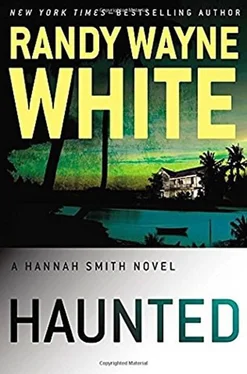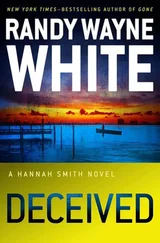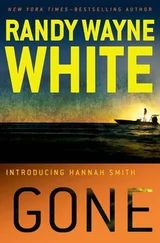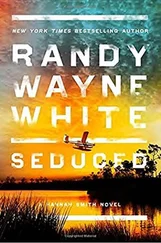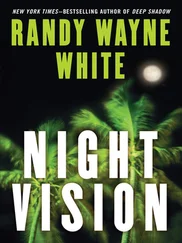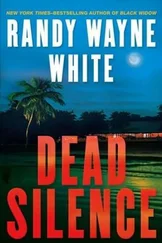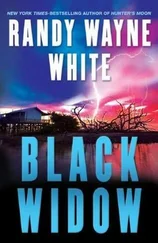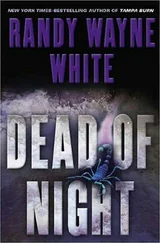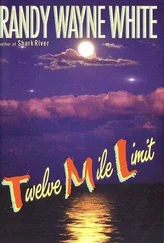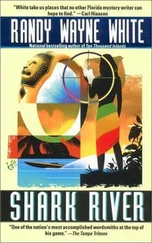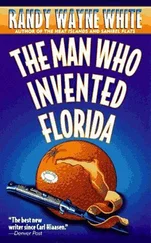27 May (Punta Rassa):… and what I tolt Gatrell & brothers they [NEXT FOUR LINES SMEARED]… that the bridge aint to far. A salt spring is there neath the surface owned by a Spaniard who is expert at [SMEARED OR BLOTTED] a master of trowel & square so this man is likely [ILLEGIBLE].
There! My subconscious had put it together, but here was written proof. The Spaniard was the Brazilian who had planted timber before selling the property to Charles Cadence. Proof that a master bricklayer had lived at this spot was the cistern I had seen only minutes ago. And I had just tasted the salt spring … neath the surface with my lips.
Additional proof: remains of a railroad bridge were only a mile from where I sat. I wasn’t certain the bridge had existed in the 1860s, but it might have. That was good enough for me. Ben Summerlin had guarded this river’s name, but, even if he hadn’t, the name had changed since Civil War days.
It all fit.
I felt sure of it. And, because I was convinced, I knew something else: whatever had sunk here wasn’t my great-uncle’s lost dory. Journal entries from late 1864 weren’t as badly damaged, so I knew from skipping ahead that he’d scuttled the dory while being chased by Union soldiers. Maybe the soldiers had discovered him making salt. Or maybe he had used salt as a ruse to spring a trap. The journal had yet to reveal the whole story, but Ben Summerlin was no fool. He wouldn’t have fled upriver -there was no escape in the cypress swamps and palmettos to the north. And he wouldn’t have scuttled his boat so close to another man’s dock.
Whatever the sonar unit had found on the bottom was too near the old homestead to be my great-uncle’s boat. In a way, I was disappointed. On the other hand, Sodbuster was somewhere on this river, still waiting to be found.
“We’re coming, Hannah dear!”
Belton’s voice reached me from the undergrowth. I closed the journal and slipped both books into my bag. I felt a twinge of guilt for being sneaky but then decided when the timing was right I would lay out the whole story, journal, notes, and all, for Belton to see. Who better to help than a retired Civil War expert with time on his hands and who was trustworthy?
But not Carmelo. There was something wrong about the man that had nothing to do with his weak intellect-or his simpleton act. I would have to feel out Belton’s loyalty before I moved ahead.
When the two men appeared on the bank, I had the mask pressed to my face, but it fell away-no suction to hold it in place.
“How’s it fit?”
I said, “It’ll be okay, I think.”
That was a kindness. If a mask doesn’t cling to your face, it will leak. I knew it but was unconcerned. Only two or three shallow dives would be needed for me to find out what was on the bottom. So I wouldn’t bother with the cheap strap-on fins either. But I would use the snorkel.
No… No, I wouldn’t. The tube leaked, which I discovered while breaststroking toward the deepest part of the river, an oxbow shaded by mimosas. So I swam back and tossed the thing into the boat. Unfortunately, Carmelo was busy netting seedpods, for some reason, and the snorkel hit him squarely in the forehead.
Belton laughed.
Carmelo did not. His tough-guy face turned fierce. “You gonna get burnt, girl,” he said as if he wanted only me to hear. “You’ll see.”
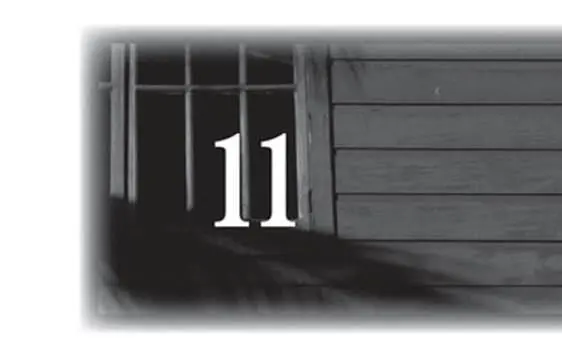
It took several dives to locate the right spot, but the first confirmed I was diving into a salt spring. Only a body length underwater, there was an abrupt temperature change. It was like swimming into a refrigerated vault-a sealed vault, because visibility changed from fair to poor.
A leaking mask added to my discomfort. As I neared the bottom, pressure increased, temperature dropped, and water flooded in. Salinity was so strong, it hurt my eyes. Is that what Carmelo had meant by You’re gonna get burnt, girl ?
Unlikely. A man who can’t swim is a poor adviser when it comes to thermoclines.
I surfaced, stripped the mask off, and fiddled with the straps while Belton called, “What did you see?”
“Use your hands and steer me toward the wreck,” I answered. “It gets murky near the bottom.”
He directed me away from the dock and farther downriver. “If that doesn’t work, we’ll use the fish finder and drop a buoy or something.”
I said, “You watch for gators. Carmelo, I want you to watch, too. This shouldn’t take long.”
Yes, it should have been easy, but, three tries later, all I’d found was a bottle encrusted with a white coating-salt.
“Save it,” Belton called, “or swim it to me.”
I jammed the bottle in my pocket and said, “I’m not coming back until I find the darn thing.”
That was nearly true.
I took several deep breaths and knifed downward. So far, I had done quick bounce dives. This time, when I got to the bottom, I leveled out and pulled myself downriver, feeling my way through the murk. Mussel shells, waterlogged seedpods, everywhere… Then my shoulder banged into something that had an elastic give to it like a rope. It startled me. I couldn’t help but grunt in surprise.
Automatically, I started up. If I hadn’t been taught to extend my hand when surfacing, my head would have collided with something that, inexplicably, wouldn’t allow me to surface. It was a black mass that raced toward my mask moments after my fingers made contact. I exhaled another grunt, accompanied by bubbles, but stayed calm. I reminded myself I was in less than ten feet of water. Find a way around the object, I would be on the surface within moments.
It wasn’t that easy. I used both hands to push myself clear, but the black mass stayed with me. It seemed to be long and tubular when my face banged into what felt like a metal wall. I turned, tried the opposite side, and banged into another wall. Definitely metal. When I spun and hit what felt like a steel bar, I became disoriented.
A drainage culvert, I thought. Someone dumped a drain pipe.
But how in the world had I managed to thread my way into a pipe? And why was it suspended several feet off the bottom?
They used an anchor, I reasoned. That’s why it won’t budge.
Impossible. Drain culverts don’t float. Even thinking such an absurdity proved that fear had stunted my ability to reason. Something that didn’t require analysis was obvious: I would drown if I didn’t find a way out. The metal bar was the only constant in a blind world that was suffocating me. I grabbed it and felt the structure move. That provided another absurd hope-maybe I could push it to the surface, then escape.
No. My head banged against a ceiling while the object strained against its tether, the structure buoyant enough to pivot. I kicked and pulled with my free hand, but the thing refused to ascend more than a few inches. My god… was I going to die like this? I was trapped from above-yet my lower body remained unobstructed.
A final option came into my mind: If you can’t go forward, reverse your course.
The idea was reasonable, even though I was beyond reason. My heart pounded, burning oxygen, and I was nearly out of air. With exaggerated calm, I did it-pushed toward the bottom, then scrabbled backward until I felt the rope, or whatever it was, graze my leg.
So far, so good. I clamped my fingers around the thing-yes, a slimy length of rope. I followed it upward and soon my eyes fixated on an onyx glow that blessedly, blessedly, I knew was sunlight.
I had escaped. But escaped what?
Читать дальше
